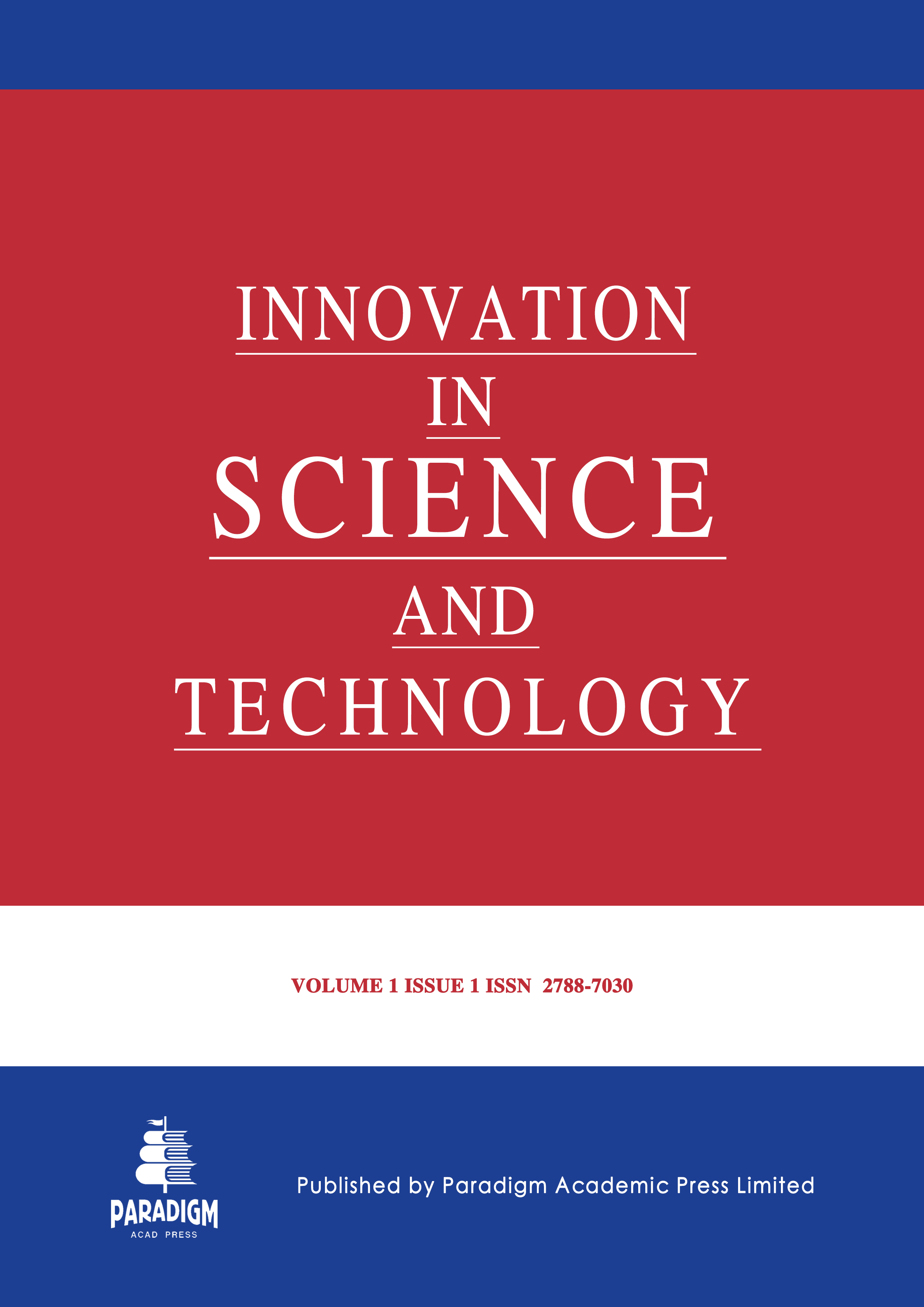Fairness Assessment and Ethical Governance of Insurance AI: A Patch Approach for Vulnerable Groups
DOI:
https://doi.org/10.63593/IST.2788-7030.2025.08.008Keywords:
insurance AI, fairness assessment, ethical governance, vulnerable groups, algorithmic patch, ethical controversy, consumer rights, smart underwriting, premium pricing, complaint rate, claims efficiency, corporate self-discipline, industry standards, regulatory mechanismAbstract
The widespread application of artificial intelligence (AI) in the insurance industry has brought numerous conveniences, but it has also triggered a host of ethical controversies, with the unfair treatment of vulnerable groups becoming increasingly prominent. This paper focuses on the fairness assessment and ethical governance of insurance AI, delving into the adverse effects of insurance AI on vulnerable groups (such as the elderly and low-income populations) in practical applications, such as the refusal of insurance by smart underwriting for the elderly and premium differences caused by algorithmic discrimination. To address these issues, this paper constructs a fairness assessment index system for insurance AI, covering five core indicators: explainability, coverage of vulnerable groups, premium fairness, complaint rate and claims efficiency. It also proposes the design logic of “algorithmic patches” for vulnerable groups, such as optimizing the weight of health data for the elderly and simplifying the language of smart recommendations.


